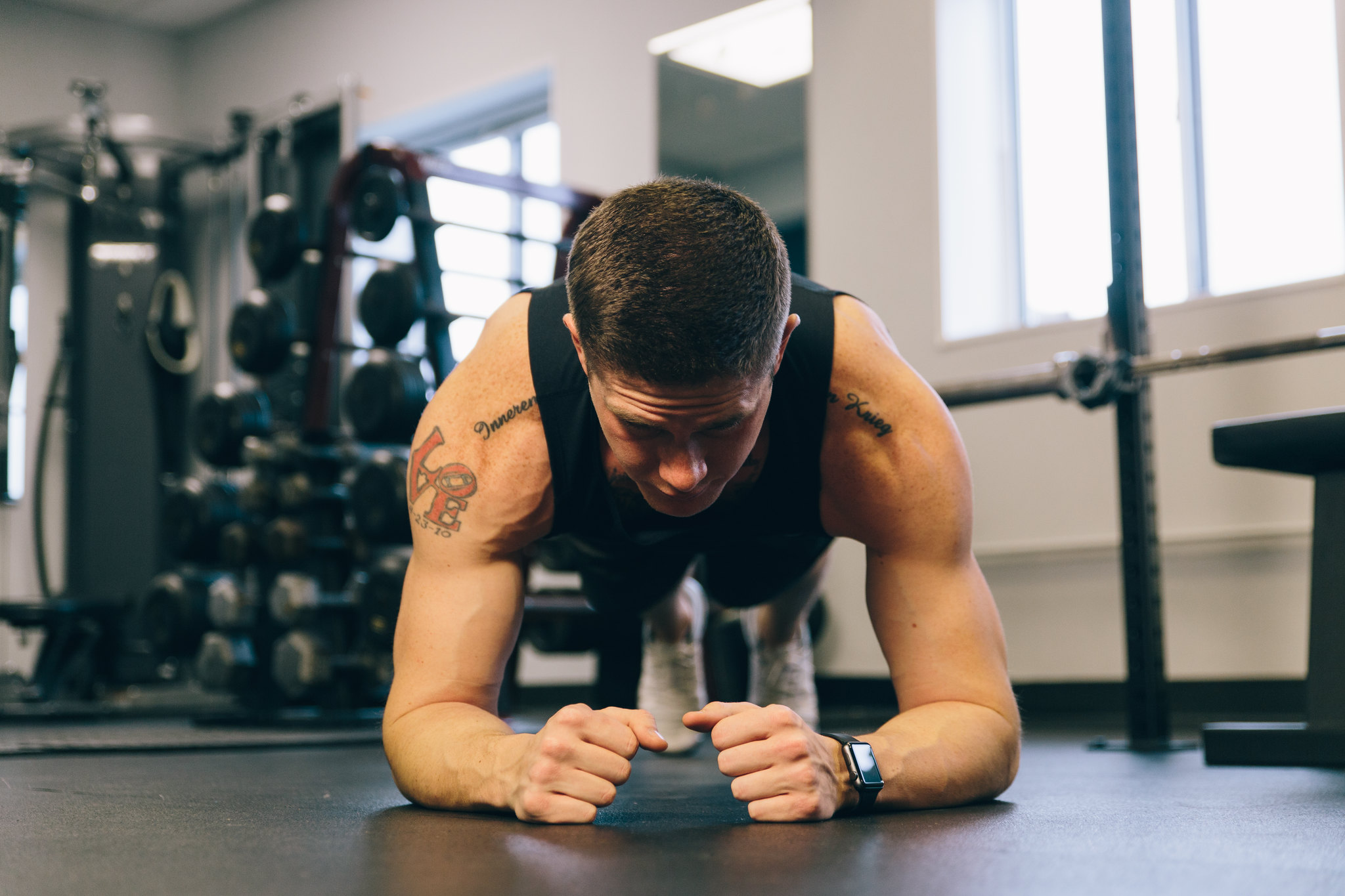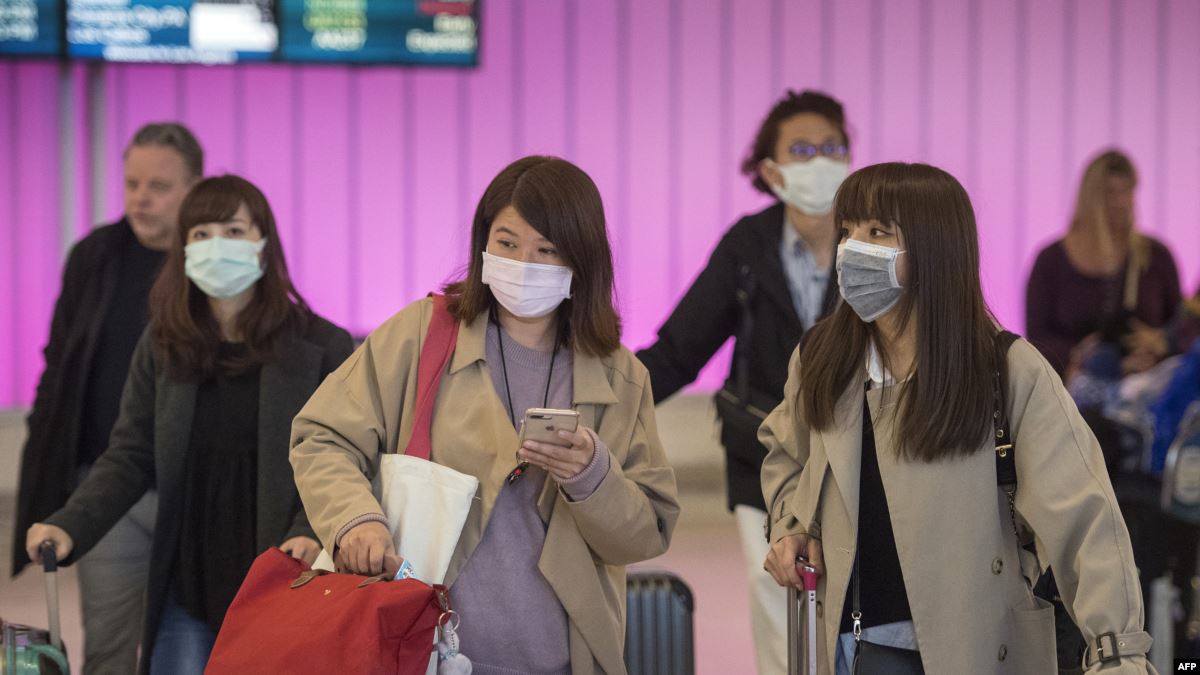
Preventing a heat stroke is crucial, especially in hot and humid conditions. Here are some tips to help reduce the risk of heat stroke:
- Stay Hydrated:
- Drink plenty of fluids, especially water, throughout the day.
- Avoid excessive consumption of alcohol and caffeine, as they can contribute to dehydration.
- Dress Appropriately:
- Wear lightweight, loose-fitting, and light-colored clothing to help your body cool down.
- Use a wide-brimmed hat and sunglasses to protect yourself from the sun.
- Avoid Sun Exposure:
- Limit outdoor activities during the hottest parts of the day, usually between 10 a.m. and 4 p.m.
- If possible, stay in shaded or air-conditioned areas.
- Take Breaks:
- If you’re engaged in physical activities, take regular breaks in a cool or shaded area.
- Listen to your body and rest when needed.
- Cooling Measures:
- Use cooling towels, fans, or ice packs to help lower body temperature.
- Take cool showers or baths.
- Acclimate to the Heat:
- Gradually expose yourself to higher temperatures, allowing your body to adapt to the heat over time.
- Know Your Limits:
- Be aware of your own susceptibility to heat-related illnesses, especially if you have certain medical conditions or are taking medications that may affect your response to heat.
- Stay Informed:
- Keep an eye on weather forecasts and heat advisories in your area.
- Check on Others:
- Pay attention to those around you, especially vulnerable populations like the elderly, children, and individuals with certain medical conditions.
- Stay Cool Indoors:
- Spend time in air-conditioned buildings or use fans to help cool down indoor spaces.

If you or someone else is exhibiting signs of heat stroke (such as a high body temperature, confusion, rapid pulse, or unconsciousness), it is essential to seek medical attention immediately. Heat stroke is a medical emergency, and prompt treatment is crucial for a positive outcome.
Tag : Heat Stroke Thailand Summer Phuket Clinic Doctor Prevent Service Kata Karon Patong 2024 Trend


